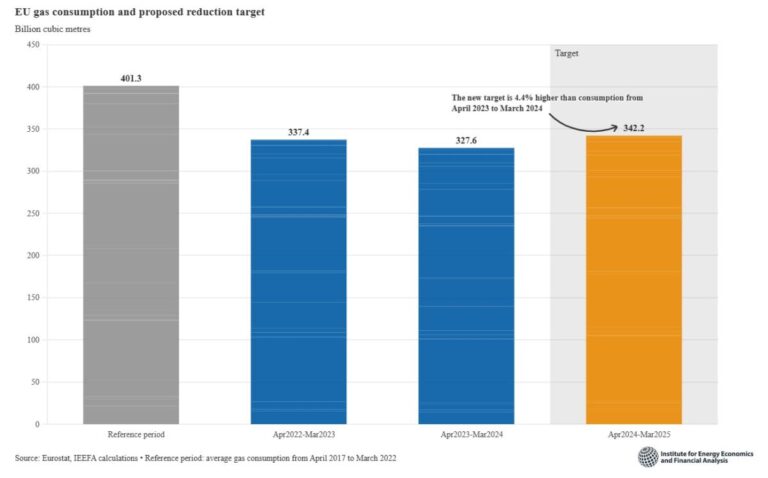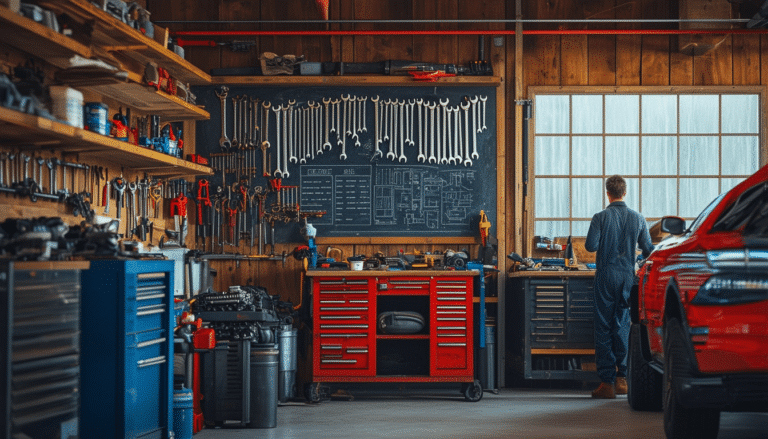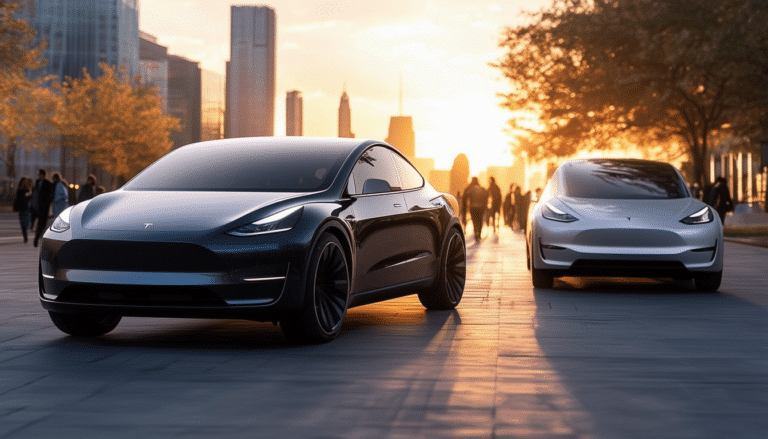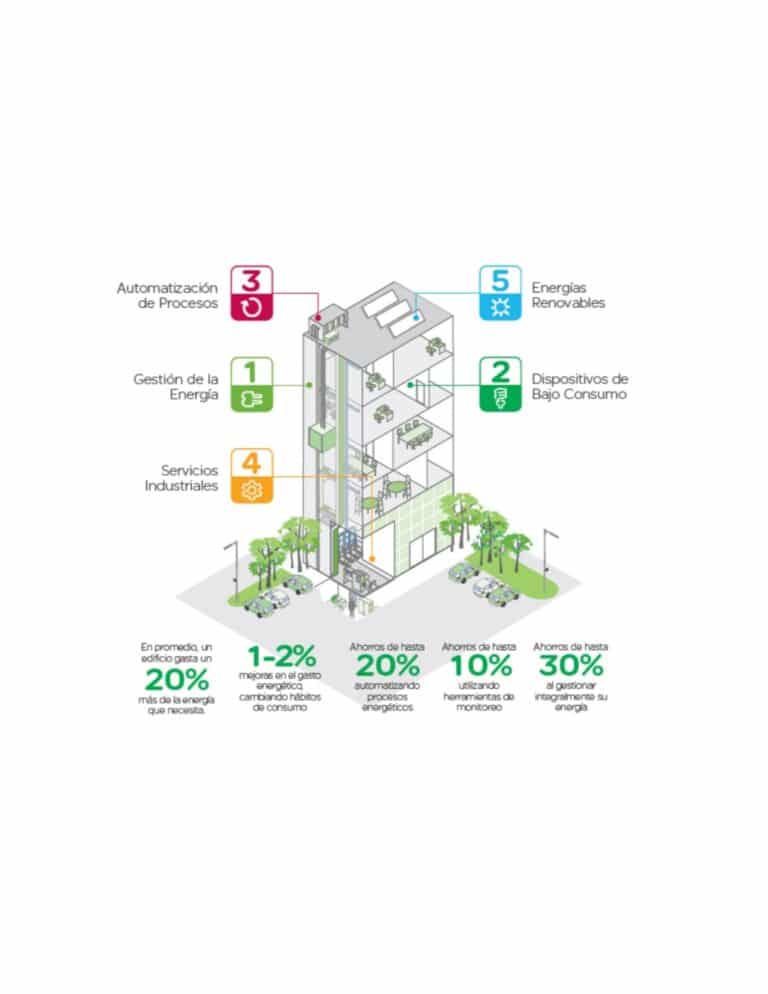¿Cuál coche elegir en 2025? Te contamos cuándo es conveniente optar por un vehículo diésel
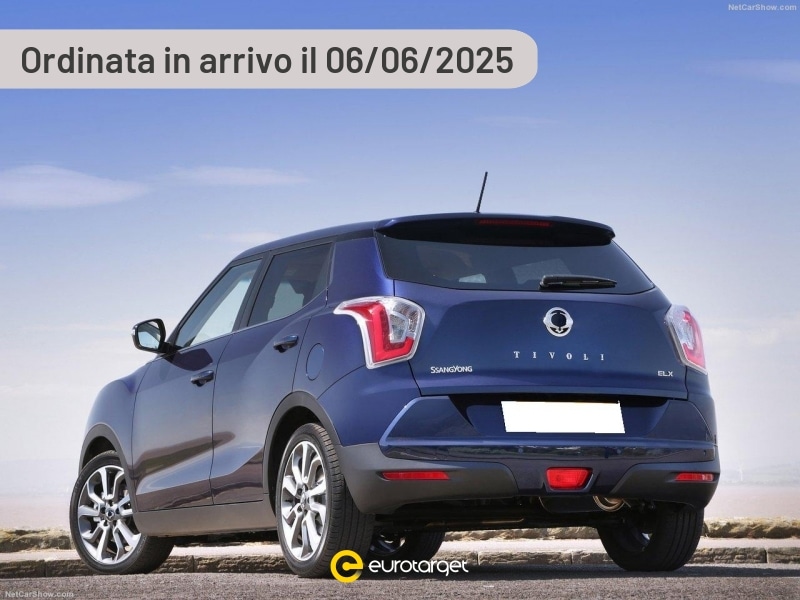
In the midst of a constantly evolving automotive landscape, the choice of the ideal car for 2025 raises a series of complex questions. Despite the decline in sales and increasing taxes, the diesel engine remains a viable option for certain drivers and types of vehicles. This analysis examines the scenarios in which opting for a diesel car could be a wise decision, considering both the characteristics of the vehicle and the specific needs of the driver.
In 2025, the choice of the right car remains a relevant and complex topic for many drivers. Despite the criticisms and the growing fiscal restrictions on diesel, this type of engine may still be a viable option for certain specific cases. Below, we explore when it is appropriate to choose a diesel vehicle, considering factors such as the type of vehicle, personal use, and available electrification options.
The State of the Automotive Market in 2025
The automotive market has undergone significant changes in the last decade, with a notable rise in the popularity of electric vehicles and a decline in diesel car sales. While in 2007 diesel cars accounted for 71% of registrations, in 2023 their market share barely reached 12.5% and continues to decrease.
Why Choose a Diesel Car in 2025?
Performance and Efficiency for Large Vehicles
Diesel engines offer great performance, especially in large and heavy cars such as SUVs, off-road vehicles, and large sedans. If you drive more than 20,000 kilometers a year, mostly on highways, diesel remains a cost-effective option due to its fuel efficiency.
Costs and Fuel Economy
Despite the rising price of diesel, the consumption of a diesel engine remains lower compared to other types of vehicles. For drivers covering long distances annually, the savings on fuel can be significant, offsetting the higher initial cost of the vehicle.
Limitations of Diesel for Urban Use
It is not advisable to opt for a diesel car for those planning to use it predominantly in the city or for short trips. Moreover, the current technologies to reduce emissions may not be suitable for urban environments, exacerbating compatibility issues with Low Emission Zones (LEZ).
Electrification as an Ally of Diesel
Diesel can also integrate more environmentally friendly technologies through different levels of electrification. Electrified diesel engines, generally through mild hybridization with 48V systems, offer the ECO label from the DGT and are available in both mainstream and premium brands. There are even models of electric cars with plug-in hybrid diesel engines and ZERO label.
The Evolution of the Market and Regulations
Finally, the legislative and incentive ecosystem has significantly driven the shift toward electrified mechanics. Brands have reduced their diesel offerings, influencing consumers to consider hybrid and electric cars. However, there are still diesel models in the market that represent a solid option for certain types of drivers.
Final Considerations for Choosing a Car in 2025
In 2025, the choice of a vehicle is a matter that requires careful reflection and analysis, especially with the changing landscape of regulations and market preferences. Deciding between a diesel car and other more modern options, such as electric or hybrid vehicles, is not a straightforward decision and primarily depends on the planned use for the vehicle.
The diesel engine remains a viable and efficient option for certain types of drivers and vehicles. In particular, if it concerns large and heavy cars like SUVs, off-road vehicles, or minivans, where the superior performance of diesel is fully utilized. Moreover, for those who drive more than 20,000 kilometers a year, especially on highways, diesel provides a fuel efficiency that remains competitive despite rising fuel costs.
However, for those who primarily make urban trips or do not cover long distances annually, opting for a diesel car may not be the most economical decision due to the increase in the initial price and complications with emission regulations in urban areas.
On the other hand, the compatibility of diesel with electrification technologies presents an attractive alternative for those interested in ecological benefits. The existence of models with mild hybridization, and in some cases plug-in technology, allows owners to enjoy certain fiscal and circulation advantages in restricted emission zones.
Ultimately, the choice of a diesel or any other type of vehicle will depend on individual needs, driving preferences, and the environment of use. Despite the criticisms and the shift towards cleaner and more sustainable technologies, the diesel engine continues to maintain its relevance in certain segments and for certain driver profiles in the automotive landscape of 2025.

